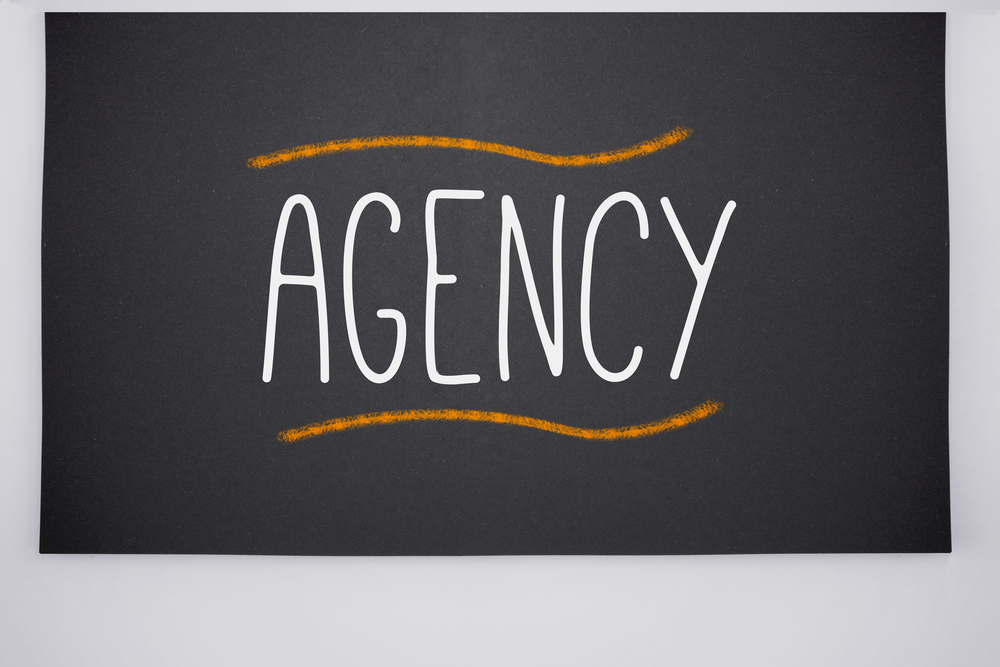A content marketing agency plays a crucial role in helping businesses establish authority, drive traffic, and convert leads. Whether it’s crafting compelling blogs, producing video content, or creating multi-platform strategies, these agencies have the tools and expertise to take brand messaging to the next level. For agencies aiming to scale their services and deliver measurable results, mastering agency content marketing becomes not just a goal, but a necessity.
Mastering Agency Content Marketing for Scalable Growth
To scale effectively in the fast-paced digital marketing world, agencies need more than just talent—they need strategic vision. Agency content marketing goes beyond creating content for the sake of visibility; it’s about creating impactful narratives that align with business objectives, reach the right audience, and generate long-term value. When done right, it becomes a powerful engine for both client and agency growth.
Why Content Marketing Agency Matters
Content marketing has evolved from being optional to essential for any successful digital strategy. Businesses are actively seeking agencies that can help them navigate the crowded digital landscape with clear messaging, valuable content, and targeted campaigns. Here’s why agency content marketing is vital:
Client Retention and Satisfaction: High-quality, consistent content builds trust with clients and their audiences. This leads to stronger client relationships and longer contracts.
Revenue Growth: As clients experience results, they’re more likely to invest in additional services, contributing to an agency’s bottom line.
Brand Positioning: Agencies that deliver top-tier content marketing position themselves as thought leaders, gaining a competitive advantage in the industry.
Core Pillars of Effective Content Marketing
To master agency content marketing, it’s essential to build a strategy around the following pillars:
1. Audience-Centric Approach
Understanding the target audience is the foundation of any successful content marketing strategy. Agencies should build detailed buyer personas for each client and tailor content to address their needs, pain points, and behaviors.
2. Multichannel Distribution
Agencies must embrace multiple content marketing platforms—blogs, email campaigns, social media, video, podcasts, and even webinars. Using a multi-channel strategy helps deliver content across various platforms, boosting audience reach, visibility, and overall engagement.
3. Consistent Branding and Messaging
All content should reflect the client’s brand voice, values, and unique selling proposition. Consistency in tone, visuals, and message across all platforms helps in building brand recognition and trust.
4. Data-Driven Strategy
Successful content marketing isn’t based on guesswork. It’s backed by data—analytics, engagement metrics, keyword trends, and conversion rates. Agencies should track, test, and refine their content strategies continuously based on performance.
Scalability Through Streamlined Processes
As your agency grows, delivering content at scale without sacrificing quality becomes the biggest challenge. Here are some effective tactics you can use:
Content Calendars: Plan months in advance to ensure smooth content production and alignment with marketing goals.
Templates and Frameworks: Use reusable formats for content marketing blogs, case studies, newsletters, and videos to speed up production while maintaining consistency.
Collaboration Tools: Platforms like Trello, Asana, or Notion help teams coordinate efficiently, especially when managing multiple clients.
Outsourcing Smartly: Hire freelance writers, designers, and videographers when needed to expand bandwidth without increasing overhead.
The Role of SEO in Content Strategy
No content marketing strategy is complete without search engine optimization. Optimizing content ensures higher visibility on search engines, bringing organic traffic that converts. Agencies should focus on:
Keyword Research: Discover and incorporate targeted keywords that resonate with your ideal audience to boost visibility and engagement.
On-Page Optimization: Proper use of headers, meta descriptions, alt text, and internal links improves user experience and SEO performance.
Content Updates: Regularly revisiting and updating existing content keeps it fresh and relevant, improving its chances of ranking higher.
Client Collaboration and Communication
Clear communication with clients is vital to content marketing success. Agencies should:
Set Clear Goals: Define KPIs and align them with the client’s objectives from the start.
Share Reports: Provide monthly or quarterly performance summaries that highlight wins and areas for improvement.
Gather Feedback: Regular check-ins help refine content strategies and ensure clients are satisfied with outcomes.
Future-Proofing Your Agency
The digital landscape evolves quickly. To stay ahead, agencies must:
Embrace New Formats: Experiment with interactive content, short-form videos, and AI-generated content where appropriate.
Invest in Learning: Continuous training in SEO, storytelling, content marketing analytics, and new platforms ensures your team stays sharp.
Innovate: Encourage creative thinking and experimentation to differentiate your agency from competitors.
Conclusion
Mastering agency content marketing requires more than producing content—it demands strategy, consistency, collaboration, and a strong understanding of your clients’ goals. As the demand for high-quality digital content continues to grow, agencies that can scale while delivering measurable results will lead the market. With the right approach, content marketing becomes the key to sustainable growth for both the agency and its clients.


